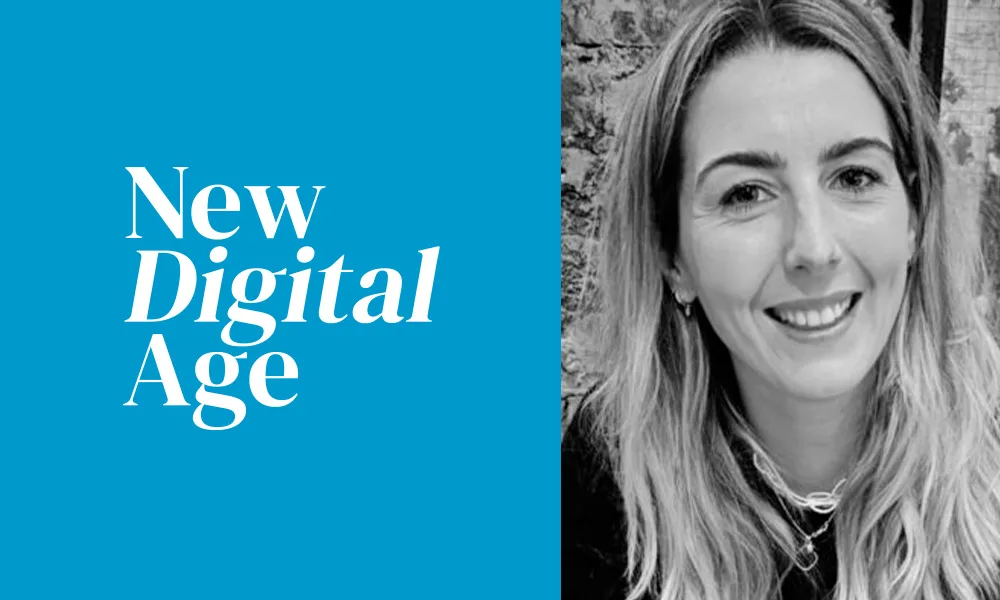Sophie Strong is Managing Partner of Media Experience at PHD UK and NDA’s monthly columnist.
One of the most exciting things about the industry that we work in is that it is forever changing. That means we are constantly evolving our understanding of what good looks like.
The latest change in the landscape has been the rise of – and sudden focus on – artificial intelligence. This is as true in the world of search as it is in any other area. Whilst not new to the paid search buyers who have been experimenting with solutions like value-based bidding for some time, for the everyday consumer it is. The introduction of Google’s Bard and Microsoft Bing’s AI Chat tools will totally disrupt both the search experience we’ve all learned to embed in our day to day and advertisers’ approach how they operate in those spaces.
So, let’s start with what has been introduced:
- Bard is described as Google’s collaborative AI tool designed to bring your ideas to life. It uses generative AI to take natural language prompts to help users draw information from the internet (powered by Google search.) It boasts the ability to “spark creativity” and “accelerate productivity.”
- Microsoft Bing Chat is an AI-powered chat assistant. (Essentially Bing’s rival to Bard). Microsoft says its been designed to “enhance the search experience” and “provide intelligent solutions.” Think content summaries, image generation, comparisons and more.
We have always been taught to “search”, essentially forming a new version of the language we speak to support the technology. These new AI solutions are more native, taking us back to our everyday language, making the experience arguably easier and feel more like a conversation. The thing I love, it feels more tailored to meet my search needs. Gone are the endless sponsored text ads and shopping ads, in place is a response, helping address the very question I just asked.
At a personal level, these tools have already helped me:
- Source fun ideas for an all-company meeting I hosted
- Summarise regulatory updates so I can quickly arm myself with the key points
- Create holiday comparison tables, so I could get the best deal and itinerary for my trip abroad this Christmas
- It even created this article’s title!
These tools are here and users are engaging. So much so, that Google are estimating that BARD will eventually have an active base of 1 billion users over time.
So, it’s important that brands get ahead of the change and consider some golden rules:
- Remember automation is inevitable in this space and will change the game for brands. This means adopting modern search principles (smart bidding, broad match, RSAs) as you navigate the evolving search algorithms.
- Creative will be key. With Generative AI rolling out, visual assets will play a pivotal role in the new Google and Bing SERPs (Search Engine Results Pages), so stronger collaboration between media and creative will be pivotal.
- Get comfortable with the prospect of keyword-less targeting. You heard me right. Adoption of keyword-less formats will increase as more users adopt the new AI solutions within Google/Bing. This means leaning towards a more visual SERP experience vs. the current text-heavy iterations.
- Don’t forget about organic. For SEO it is critical we get to the heart of the data to ensure we are technically prepared and have the right content in place to stand up and get noticed, with topic authority. The rules for being discoverable will need to be followed to allow the AI to identify your content as the right match for the search query.
- Think holistically. Paid and organic should complement, not compete. Deploying rules and technology as you navigate this new space will ensure you are spending your budget in the most meaningful way when it comes to using search to deliver business outcomes.
- Start testing! Adoption of AI technology will enable brands to do more with less. So, start testing the use of AI in both paid and organic. Putting the right testing parameters in place will increase our understanding of the changes in this space, enhancing your consumer’s search experience and unlocking new growth for brands.
Expect this space to evolve at pace. Get ahead by thinking about how your search presence needs to evolve to better the performance of your brand in the future.
Doing that, will ensure your consumers have better search experiences as they interact with your brand in this new search space.









